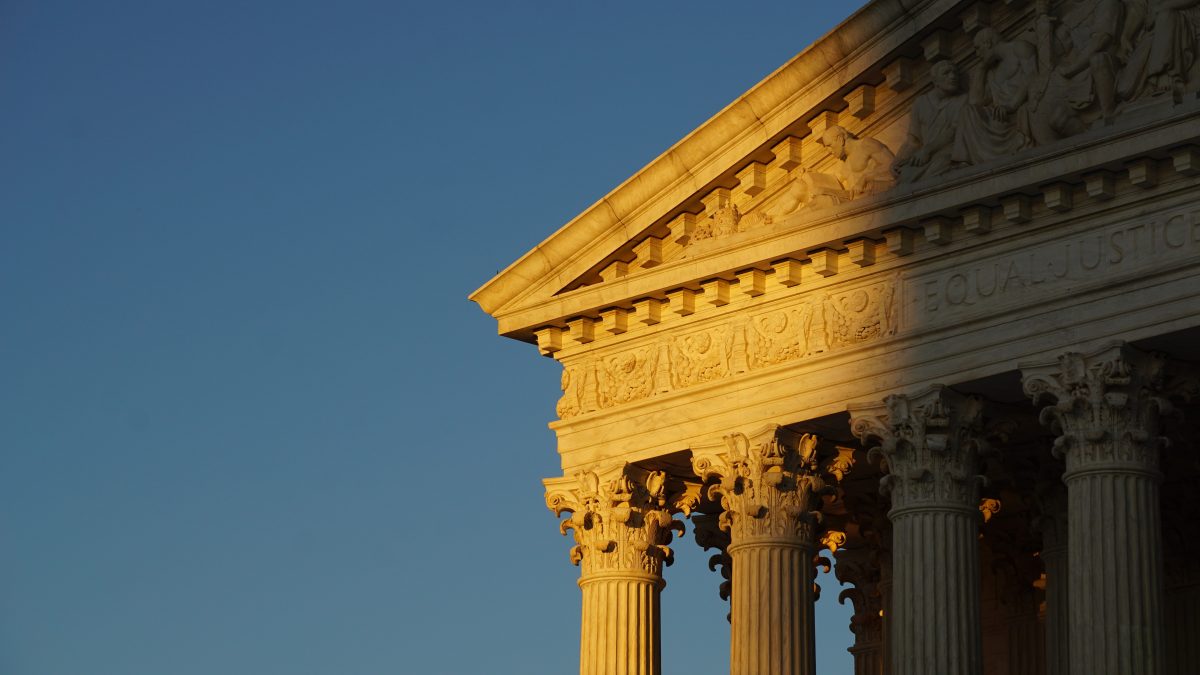If you are the holder of a copyright registration and you happened to make an inadvertent error when submitting your copyright application, then you may not be out of luck. That is because the U.S. Supreme Court has ruled that an inadvertent legal error committed by a non-lawyer cannot be used to eradicate the validity of the registration.
“Lack of knowledge of either fact or law can excuse an inaccuracy in a copyright registration,” wrote Justice Stephen Breyer for the majority in the case of Unicolors, Inc. v. H&M Hennes & Mauritz, L.P.
Breyer added that Congress, in creating the Copyright Act, intended “to make it easier, not more difficult, for nonlawyers to obtain valid copyright registrations.”
The decision does not mean that all errors in copyright applications will be discarded and that registrations will survive such errors in all instances. In fact, the Supreme Court highlighted that if there is evidence that shows the applicant had knowledge of the legal error, then the copyright holder may suffer consequences related to the inaccurate application, including the potential forfeiture of the right to bring forth a claim for copyright infringement in federal court.
But it does likely mean that the standard to prove someone committed fraud on the Copyright Office in a copyright application has been heightened.

